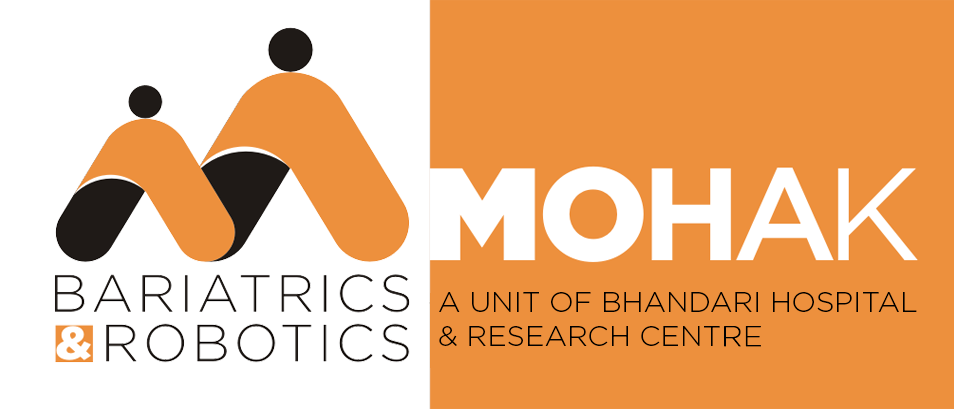With so much of the dialogue on obesity focusing on prevention of future ailments, it’s effortless to overlook that obesity instantly changes the body. It forces everything to work harder, from the heart to the bones, which must carry the extra weight. The brain isn’t exempted either; as it metabolizes all the surplus sugar, it falls behind in other cognitive tasks. Obese individuals face a 35 percent higher risk of developing Alzheimer’s disease compared to the people with normal weight. Obesity can be really hard on the brain. Carrying around too much extra weight can result in bad memory, food addiction and many other disorders. As we grow older, the impact of obesity only multiplies. Obesity is already associated with an increased risk for Alzheimer’s disease, dementia and stroke, but the hormones released by fat could be having a broader inciting impact on your body.
Your body operates more ably when it’s healthy, and bariatric surgery can make the body immeasurably healthier. Alongside treating diabetes, lowering blood pressure and reducing joint pain, new research indicates that weight loss surgery boosts your mental power and leads to lasting benefits for your brain. When a patient loses weight, through bariatric surgery and by maintaining healthy lifestyle changes, the risk for many ailments is reduced.
Recent studies demonstrate that obesity is independently associated with poor neurocognitive outcomes, including cognitive impairment, increased risk for Alzheimer’s disease and dementia, and regional alterations in brain structure. In particular, obesity leads to altered activity in a part of the brain linked to the development of Alzheimer’s disease. Bariatric surgery is an effective treatment for obesity and initial findings suggest that it may result in cognitive improvements too. It is also found that when obese people underwent bariatric surgery, changes in their brain which are linked to Alzheimer’s disease were reversed. Weight-loss surgeries contribute to a reduced risk of Alzheimer’s disease and other forms of dementia.
Brain scans found that before the operation, obese people had increased activity in a part of the brain which is connected to the development of Alzheimer’s. Six months after the surgery, the activity levels in the same part of the brain were similar to those of lean people.
After weight-loss surgery, the brain’s executive functions i.e. the ability to connect past experience and present action, also improved, which were:
- Planning skills
- Organizing ability
- Strategizing aptitude
These findings suggest that the brain is another organ which benefits from weight-loss induced by bariatric surgery. Surgery helps in lowering the rates of sugar metabolism by the brain, as well as improving other cognitive functions.

1 Comment
Comments are closed.